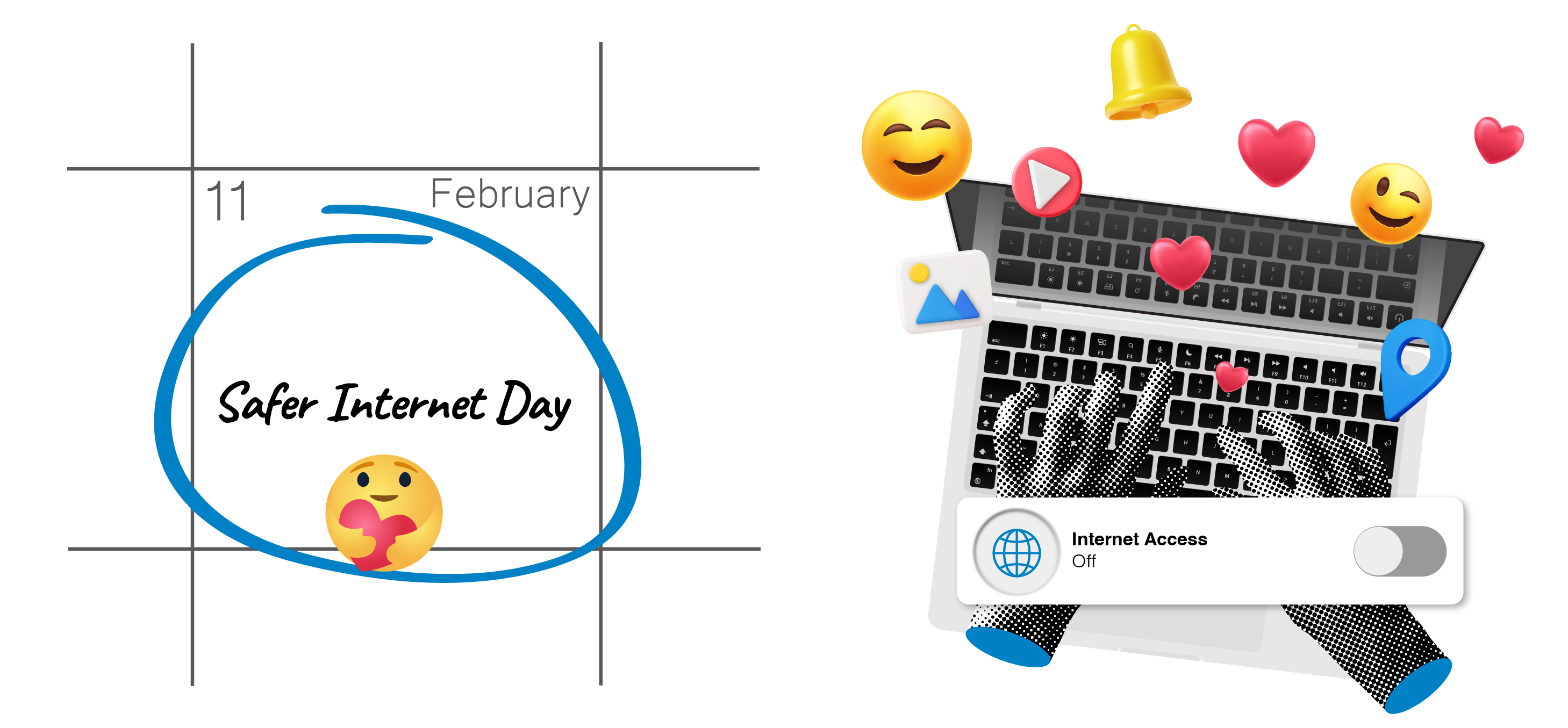-
Residential
- Internet
- Wireless
- Phone
- Nemont.TV
- Business
- Customer Center
- 'How To' Videos
- Careers
-
Announcements
- Nemont Announces 2025 Scholarship Winners
- Nemont's 75th Annual Meeting: Record Turnout and New Leadership
- Nemont Board Election: Meet the Candidates
- Firefighter Give-Back Campaign A Success
- Nemont to sell North Dakota Properties to NCC
- 74th Annual Meeting Well Attended
- Helping Dr. Haley Menge improve Patient Care with Nemont Fiber High-Speed Internet Connectivity
- About Us
- Contact Us
- QUESTIONS? CALL: 1-800-636-6680
- WEBMAIL
- BLOG
- 4G VOICEMAIL
- MY ACCOUNT
Navigating the Digital World: Keeping Underage Children Safe Online

The internet has become an integral part of our lives, offering incredible opportunities for learning, connection, and entertainment. However, this digital landscape also presents potential risks, especially for underage children, who may be more vulnerable to online dangers. Protecting our children online requires a proactive and multifaceted approach involving parents, educators, and children.
Understanding the Risks:
Children can encounter various online risks, including:
- Cyberbullying: Harassment, threats, or humiliation through electronic means.
- Inappropriate Content: Exposure to sexually suggestive material, violent content, or hate speech.
- Online Predators: Individuals who seek to exploit children through online interactions.
- Privacy Concerns: Sharing personal information that could lead to identity theft or other harm.
- Addiction and Overuse: Excessive screen time can negatively impact physical and mental health.
- Misinformation: Exposure to false or misleading information.
Strategies for Online Safety:
Parents and caregivers play a crucial role in safeguarding children online. Here are some key strategies:
- Open Communication: Talk to your children regularly about their online activities. Encourage them to come to you with any concerns or uncomfortable experiences.
- Establish Clear Rules and Guidelines: Set clear rules about internet usage, including time limits, acceptable websites, and appropriate online behavior. Discuss the consequences of breaking these rules.
- Utilize Parental Controls: Use parental control software like Advanced WiFi+IQ to filter content, restrict access to certain websites, and monitor online activity.
- Supervise Online Activity: Especially for younger children, supervise their online activity to ensure they are safe and following some established guidelines. As children get older, gradually give them more independence, but maintain open communication and trust.
- Teach Privacy Awareness: Emphasize the importance of protecting personal information. Teach children not to share their name, address, phone number, school name, or other identifying information online without your permission.
- Educate about Cyberbullying: Talk to your children about what cyberbullying is and how to respond to it. Encourage them to report any instances of cyberbullying they witness or experience.
- Promote Critical Thinking: Teach children to evaluate online information critically. Help them understand that not everything they see online is true.
- Set a Good Example: Model responsible online behavior yourself. Be mindful of your own screen time and the information you share online.
- Stay Informed: Keep up-to-date on the latest online safety threats and best practices. Utilize online resources and workshops to enhance your knowledge.
Empowering Children:
Children also need to be empowered to protect themselves online. Teach them:
- To think before they click: Encourage them to be cautious about clicking on links or downloading files from unknown sources.
- To protect their passwords: Teach them not to share their passwords with anyone, except for a trusted adult.
- To be kind and respectful online: Emphasize the importance of treating others with respect and kindness in online interactions.
- To report anything that makes them uncomfortable: Encourage them to come to you or another trusted adult if they encounter anything online that makes them feel uneasy or scared.
Collaboration is Key:
Protecting children online is a shared responsibility. Parents, educators, and technology companies all have a role to play. Working together can create a safer and more positive online environment for children to learn, grow, and thrive. Open communication, education, and appropriate safety tools are essential to navigating the digital world and ensuring children's well-being online.
